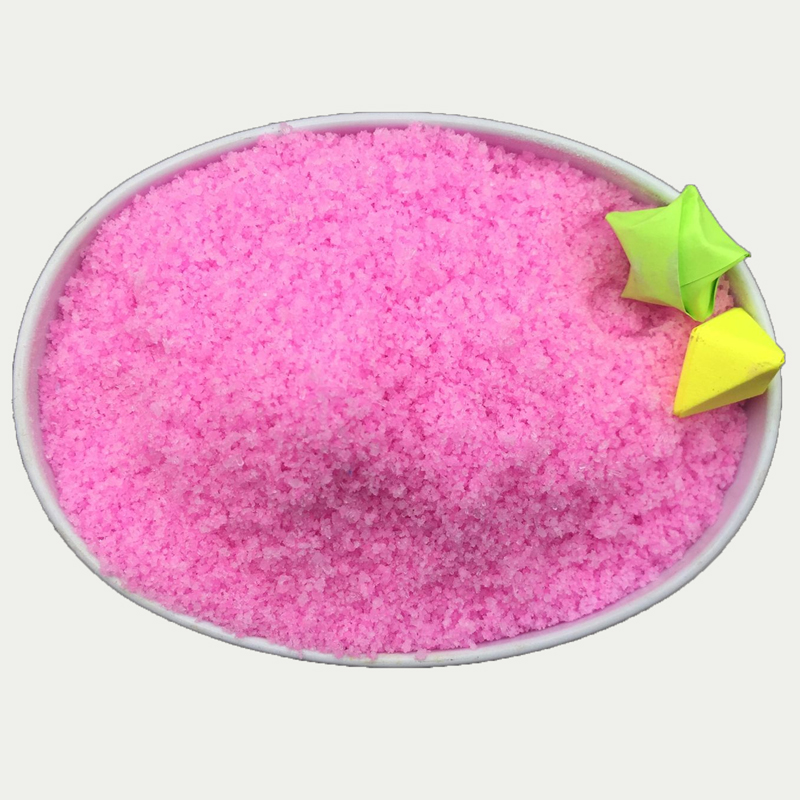
Oct . 12, 2024 06:56 Back to list
Enhancing Soil Health with Lime and Potash Fertilizers for Optimal Crop Growth
The Role of Lime and Potash Fertilizer in Modern Agriculture
Lime and potash fertilizers are integral components in agricultural practices, providing essential nutrients that enhance soil fertility and crop yield. Understanding the functions and benefits of these fertilizers can significantly impact farming efficiency and sustainability.
Importance of Lime in Agriculture
Lime, primarily composed of calcium carbonate (CaCO₃), is widely used to amend acidic soils. Acidic soils can hinder plant growth by leading to nutrient imbalances and toxicities. By applying lime, farmers can increase soil pH, creating a more favorable environment for crop growth.
One of the key benefits of lime is its ability to improve soil structure, promoting better aeration and drainage. Healthy soil structure helps the root system of plants access water and essential nutrients more effectively. Additionally, lime contributes calcium to the soil, a vital nutrient for plant development. Calcium plays an essential role in cell wall structure and helps in various physiological processes.
Moreover, lime can reduce the solubility of harmful metals such as aluminum, which can be toxic to plants in acidic conditions. By mitigating the impacts of these elements, lime application supports healthier crop production.
The Role of Potash in Fertilization
Potash, which typically refers to potassium chloride (KCl), is a crucial nutrient for plant health. Potassium is one of the three primary macronutrients required for plant growth, along with nitrogen and phosphorus. It plays a critical role in several physiological functions, including photosynthesis, enzyme activation, and the synthesis of proteins and carbohydrates.
The application of potash fertilizers enhances crop quality and improves resistance to diseases and environmental stressors, such as drought. Potassium aids in the regulation of water use within the plant, making it especially important in areas experiencing water scarcity. Furthermore, adequate potassium levels can lead to increased crop yields and improved storage qualities of fruits and vegetables.
lime and potash fertilizer

Combining Lime and Potash for Optimal Results
The combined application of lime and potash fertilizers can provide synergistic benefits to crop production. Lime addresses soil acidity and improves nutrient availability, while potash supplements essential potassium levels. When used together, they can help create a balanced nutrient profile that fosters healthy plant growth.
Farmers are advised to conduct soil tests to determine the pH level and nutrient content of their soils before applying fertilizers. This practice allows for tailored applications of lime and potash, ensuring that crops receive the necessary nutrients without over-application, which can lead to environmental issues such as nutrient runoff.
Environmental Considerations
While lime and potash fertilizers are beneficial, their application must be managed responsibly. Over-application can lead to soil degradation and negatively affect local waterways through runoff. To mitigate these risks, farmers can adopt precision agriculture techniques, which involve using technology to apply fertilizers more efficiently and precisely.
Furthermore, integrating organic matter, such as compost or green manure, with lime and potash can enhance soil health, promoting biodiversity and improving soil structure. This holistic approach not only supports crop production but also contributes to sustainable agricultural practices.
Conclusion
Lime and potash fertilizers play a pivotal role in modern agriculture, enhancing soil quality and crop yields. By understanding their functions and implementing responsible application strategies, farmers can improve their productivity while promoting environmental sustainability. As agriculture continues to evolve, the effective use of these fertilizers will remain a cornerstone of successful farming practices, ensuring food security for future generations.
-
10 10 10 Fertilizer Organic—Balanced NPK for All Plants
NewsJul.30,2025
-
Premium 10 10 10 Fertilizer Organic for Balanced Plant Growth
NewsJul.29,2025
-
Premium 10 10 10 Fertilizer Organic for Balanced Plant Growth
NewsJul.29,2025
-
Premium 10 10 10 Fertilizer Organic for Balanced Plant Growth
NewsJul.29,2025
-
50 Pound Bags of 13-13-13 Fertilizer for All Plants – Bulk & Organic Options
NewsJul.28,2025
-
High-Efficiency 15-30-15 Granular Fertilizer for Healthy Crops
NewsJul.28,2025
